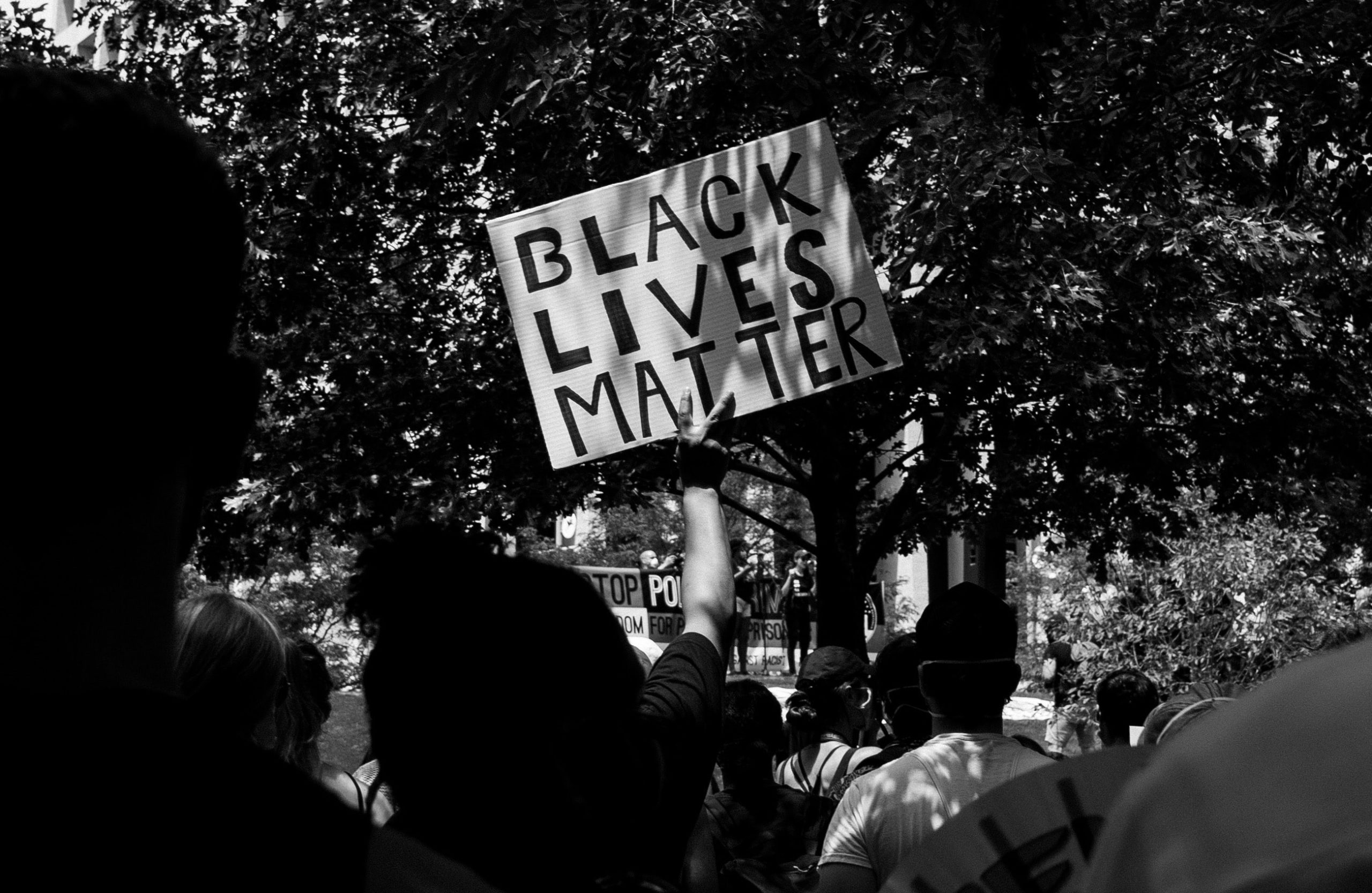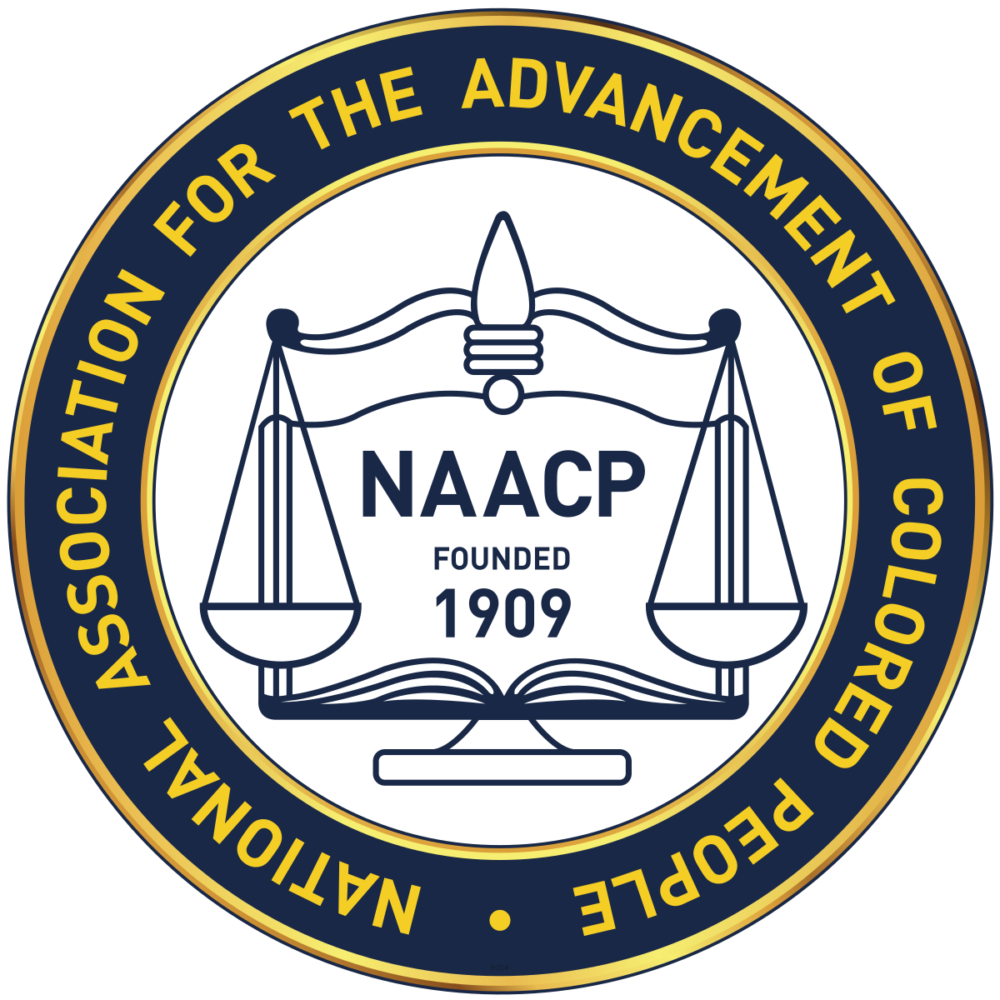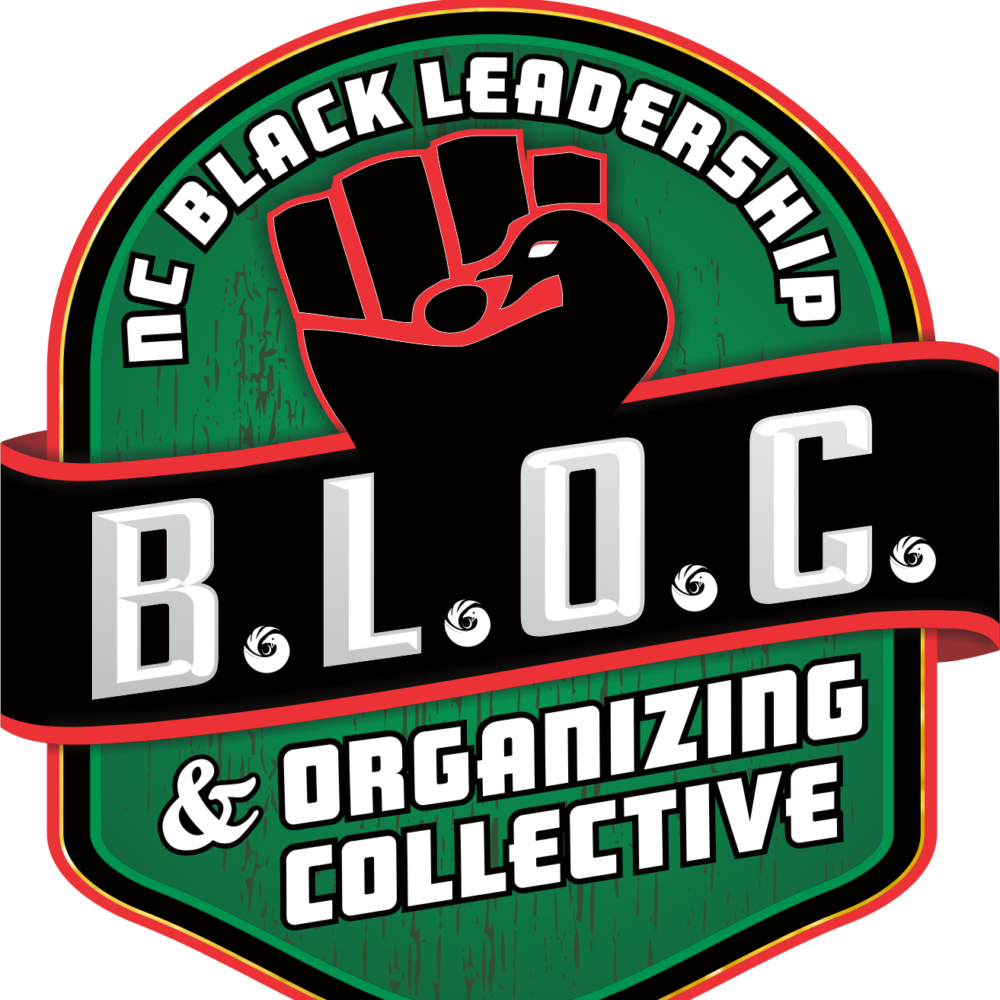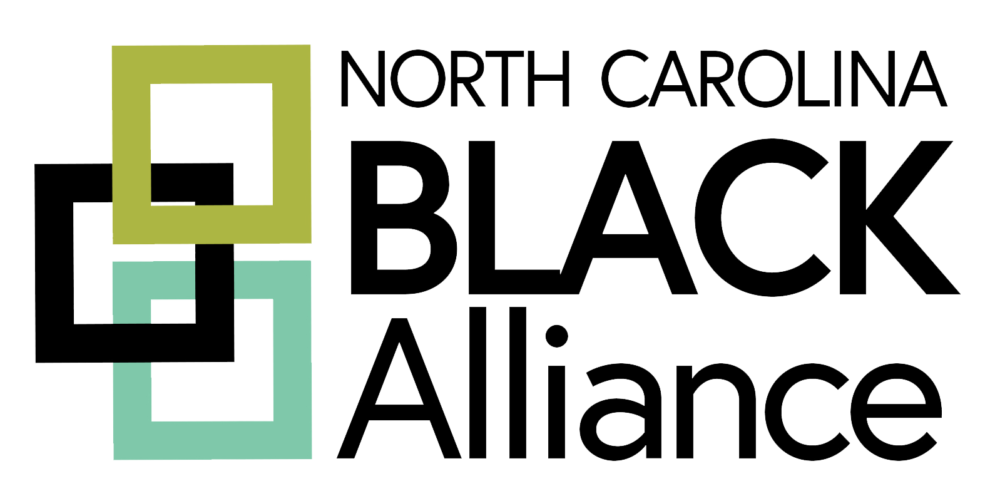We believe now is the time when America can break free from the cycle of reform, restraint, and retaliation that has defined our existence, at least since the Emancipation Proclamation, and more likely since the first white settlers landed on the shores of a land already occupied by people with darker skin. For the cycle to end, we must dismantle the systems that oppress our neighbors.
While much of our work is intersectional and every issue is a race issue, the Council’s racial justice issues are focused on removing confederate monuments in North Carolina and working from reparations to restoration.
Whether you are a veteran at racial equity work or just entering the arena, the resources that follow offer a place to join the cause. We expect to update this page regularly as we learn from and work with our many partners in the movement. Please check back regularly to learn more.
Overview
The North Carolina Council of Churches was founded in 1935 through the courageous leadership of Shelton Smith and other prominent faith leaders in N.C. who believed the unity of faith communities could overcome the injustice of racism. We have continued in that hope for more than 8 decades. God laments, as do we, that it takes so much death and so many layers of injustice to move us forward so slowly, but at last the entire country appears to be focused on what our founders told them years ago. Most importantly, the entire country is at last listening to black people and taking their claims seriously.
We invite you to read this resolution from our Governing Board and join us as we work to break the cycle.
Council Resources
BIPOC Mental Health Grant
Our Partners in Health and Wholeness initiative invites faith communities of color to apply for the BIPOC Mental Health Grant. We are able to offer this new grant opportunity of $5,000-10,000 for faith communities of color to apply towards COVID-19 mental health efforts. Click here for more information about the BIPOC Mental Health Grant.
Mental Health & Race: Barriers, Ideas, and Sacrend Work by the Rev. Jessica Stokes
Denominational Members’ Resources
Churches Uniting in Christ
Cooperative Baptist Fellowship of North Carolina
Racial Equity and Justice Curriculum/Resources
Episcopal Church
Sacred Ground: A Film-Based Dialogue Series on Race & Faith
Evangelical Lutheran Church in America
Mennonite Church (USA)
Anti-Racism Resources for Mennonite Churches
Defund the Police: An Abolition Curriculum
Moravian Church in America
Continuing the Journey of Racial Reconciliation
United Methodist Church
North Carolina Conference of the United Methodist Church – Anti-Racism Archives
Western North Carolina Conference of the United Methodist Church – Anti-Racism Resources
Presbyterian Church
Facing Racism: A Vision of the Intercultural Community Churchwide Antiracism Policy
United Church of Christ
More Faith-Based Resources
- Dear Church: A Love Letter from a Black Preacher to the Whitest Denomination in the U.S., by Lenny Duncan
- Dear White Christians, by Jennifer Harvey
- Disunity in Christ, by Christena Cleveland
- Divided by Faith, by Michael Emerson and Christian Smith
- I Bring the Voices of My People: A Womanist Vision for Racial Reconciliation, by Chanequa Walker-Barnes
- Reconciliation Blues, by Edward Gilbreath
- Responding to anti-Asian Violence with Creativity from the Margins by the Asian American Christian Collaborative
- Tears We Cannot Stop: A Sermon to White America, by Michael Eric Dyson
- Trouble I’ve Seen, by Drew G. I. Hart
Trainings & Toolkits
Publications
Books
- Americanah, by Chimamanda Ngozi Adichie
- Blackballed: The Black Vote and U.S. Democracy, by Darryl Pinckney
- The Color of Law: A Forgotten History of How Our Government Segregated America, by Richard Rothstein
- Go Tell it On the Mountain, by James Baldwin
- Homegoing, by Yaa Gyasi
- How to be an Anti-Racist, by Ibram X. Kendi
- The New Jim Crow, by Michelle Alexander
- Waking Up White, by Debby Irving
Kid-friendly Books
- Antiracist Baby, Ibram X. Kendi
- Let’s Talk About Race, by Julius Lester, illustrated by Karen Barbour
- Not My Idea: A Book About Whiteness, by Anastasia Higginbotham
- Rosa, by Nikki Giovanni, illustrated by Bryan Collier
Young Adult Books
- A Good Kind of Trouble, by Lisa Moore Ramée
- Dear Martin, by Nic Stone
- Ghost Boys, by Jewell Parker Rhodes
Podcasts
- 1619, from The New York Times
- Throughline, from NPR
- White Lies, by NPR
Issue Statements
The Council takes positions on issues through policy statements that inform, guide, and frame our work. Policy statements are adopted by our governing body, often upon the recommendation of one or more of the Council’s program committees which are made up of representatives of our member bodies.
- A Resolution to Change the Cash Bail Bond System (8/8/2022)
- Statement on George Floyd Murder Trial Verdict (4/21/2021)
- Remove Confederate Symbols Where Justice Is Sought (1/26/2021)
- Statement on Systemic Racism (6/2/2020)
- Policy Statement on the Public Schools (12/15/2017)
- Confederate-themed monuments: Time to reassess (9/21/2017)
- A Statement on the Public Schools (9/5/2006)
Ways to Take Action
CAMPAIGN TO REMOVE CONFEDERATE MONUMENTS
North Carolina Commission on Racial & Ethnic Disparities in the Criminal Justice System’s (NC CRED) Confederate Monuments Removal Campaign officially launched on February 14 here.
SUPPORT THE NATIONAL ASSOCIATION FOR THE ADVANCEMENT OF COLORED PEOPLE IN NC (NAACP NC)
The NAACP’s mission has remained constant for its first century: to ensure the political, educational, social, and economic equality of rights of all persons and to eliminate racial hatred and racial discrimination. It advances its mission through the press, through non-violent mass petitioning for redress of grievances — through the ballot, through lobbying and through the courts. In the face of 100 years of covert and overt racial hostility and violence, including murders and bombings, NAACP leaders and members have steadfastly and courageously used legal and moral persuasion. Click here to become a member and join the coalition.
SUPPORT THE POOR PEOPLE’S CAMPAIGN: A NATIONAL CALL FOR MORAL REVIVAL
The Poor People’s Campaign: A National Call for Moral Revival is uniting people across the country to challenge the evils of systemic racism, poverty, the war economy, ecological devastation, and the nation’s distorted moral narrative of religious nationalism. Click here to join the campaign in your area.




